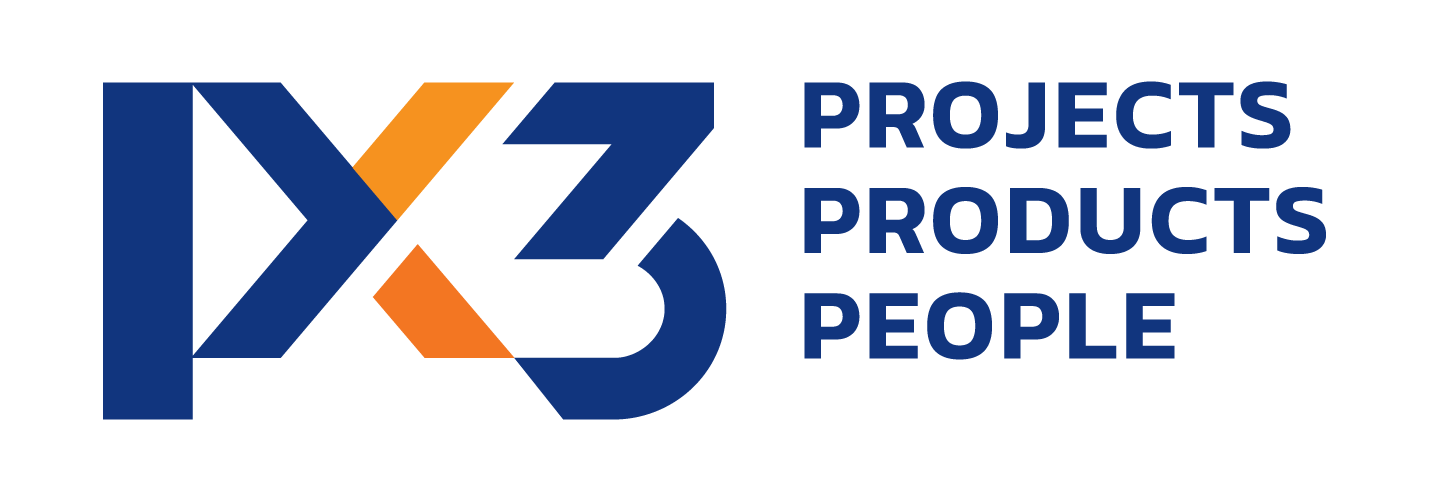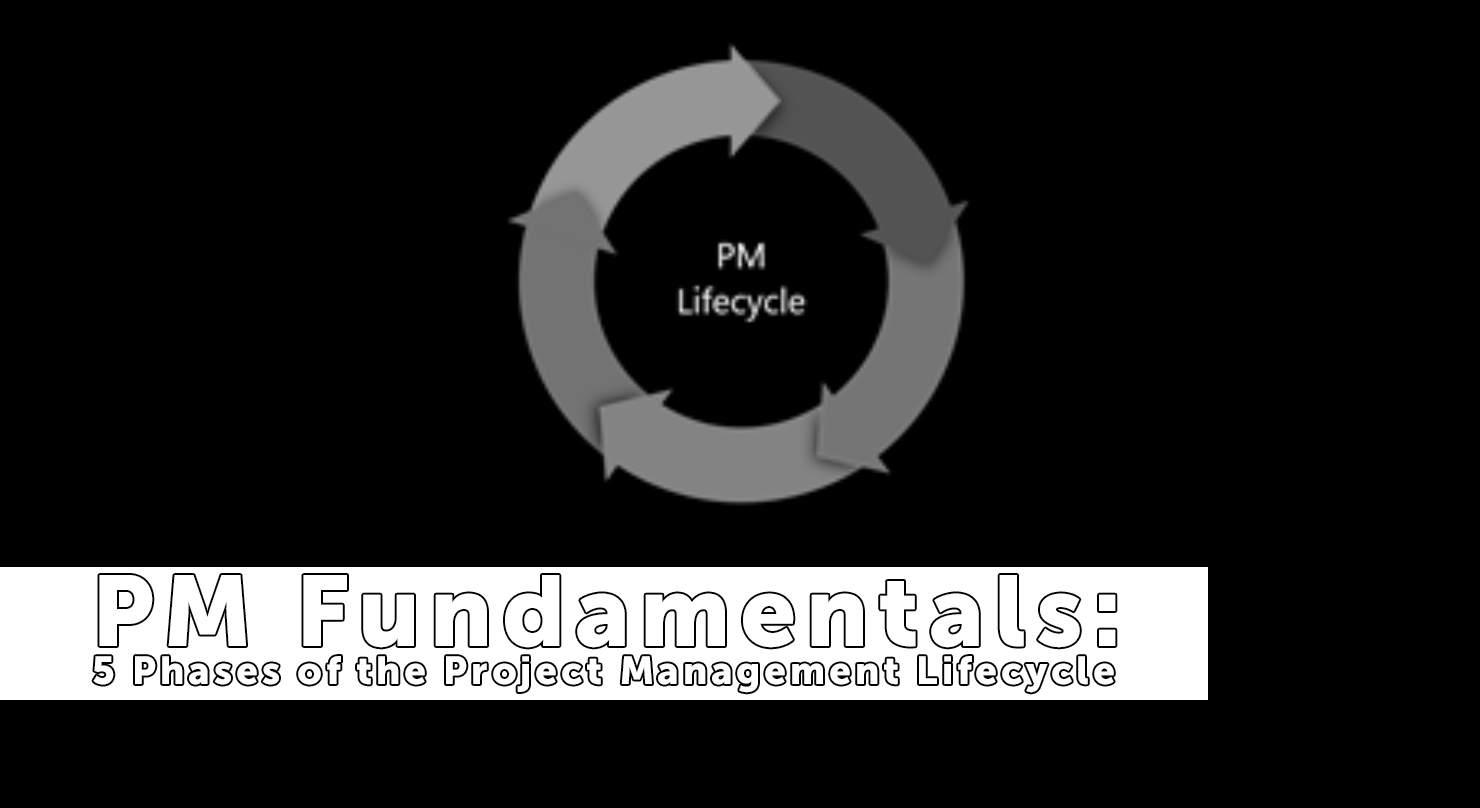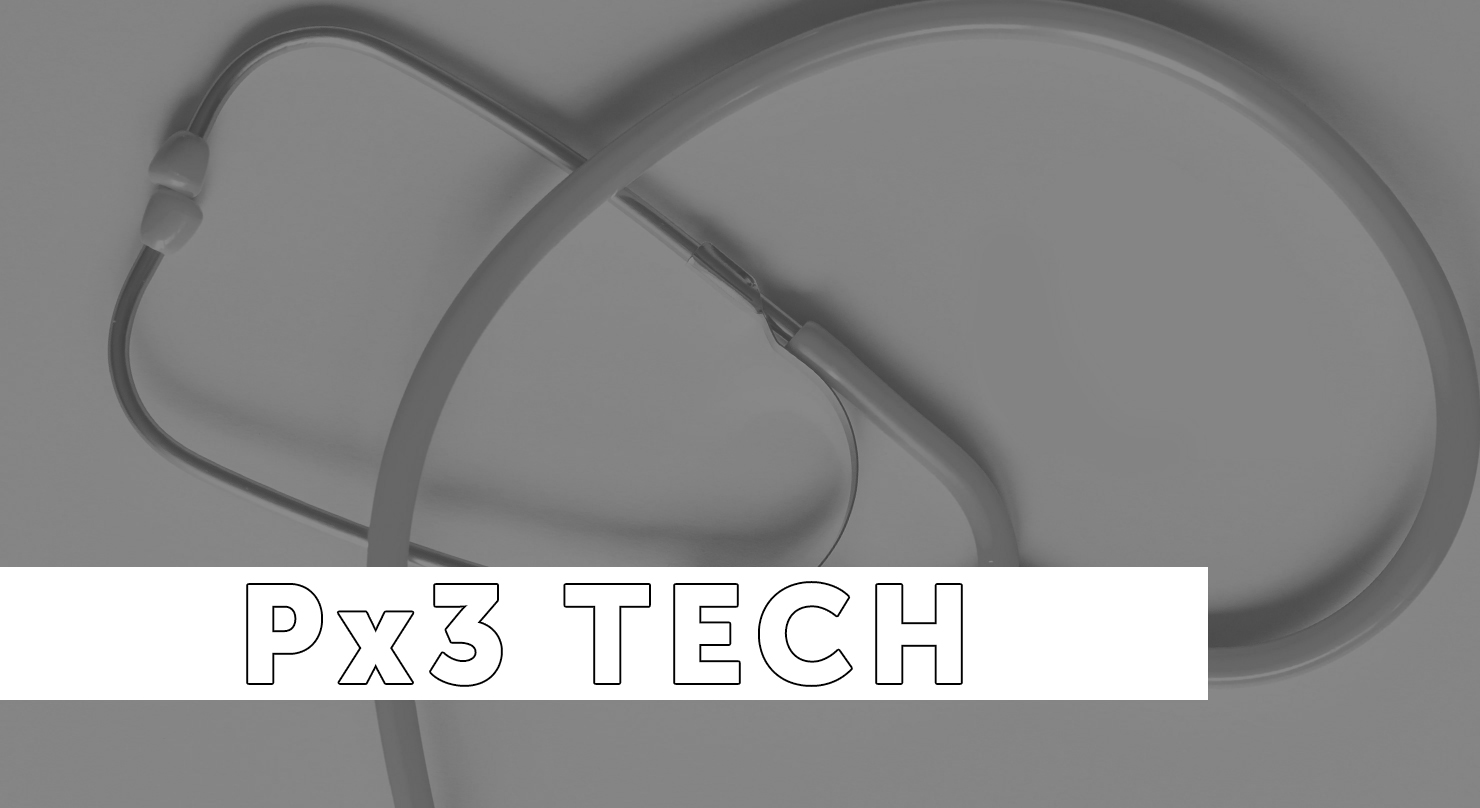Digital transformation initiatives are at the core of many Healthcare organizations. 2020 has been a year full of surprises and opportunities that have create innovative ways to solve old problems. The new decade, 2021 is shaping up to be a transformational period with several key trends driving the modernization of technology in Healthcare. I lead several strategic initiatives for major Healthcare organizations ranging from new Electronic Health Records systems to implementation of Robotics Process Automation (RPA) for Revenue Cycle Management (RCM) Operations and digital transformation in Healthcare has been producing results with the most immediate impacts.
Below are some of these trends, based on our research and collaborative initiatives with several Healthcare companies such as ChenMed, Envision Health and others here in South Florida:
Actionable Big Data: Healthcare data is prevalent and companies have allocated significant IT budgets into building data infrastructure with controlled access, secure and confidential use of patient data. EHR systems provide wealth of data to create patterns, trends and predictability models for given health treatment plans. Well-educated patients and access to their own data will create a shift towards value-based, patient-centered and outcome-driven delivery systems.
Value vs. Volume-Based: Technology can enable but not fully replace the physician led interactions and coaching methods, especially the significantly growing segment of senior population. In fact, according Dr. Gordon Chen (Chief Medical Officer at ChenMed), “Technology can enable certain parts of healthcare transformation when it comes to push from fee-for-service and volume-based care towards value-based, full-risk model, which creates a platform for longer term, relationship-based care by physicians.”
ChenMed has driving the initiative for value-based care by creating a relationship-based, long term and continuous partnership between the caring physician and the patient. The company focuses on Senior population (65 and over) which is the most vulnerable segment of all age groups and require a very personal care. This full-risk, value-based care requires for a very selective physician recruitment, onboarding and training infrastructure in place. The company had created a “Black Belt training” which is a 9 to 12 months hands-on training which encompasses the following:
- Behavior change techniques and strategies
- Motivational interviewing – costs related, trusting relationship
- Training on lifestyle with focus on exercise and diet
- Selective Books and other reading materials on specific diets
- Preventive and tactics to reverse heart disease
- Patient influence and patient experience
Another example of the shift to value-based care is Aetna’s introduction of Whole Health plans, as well as the Centers for Medicare and Medicaid Services’ program that rewards hospitals for providing quality care.
Healthcare Delivery Infrastructure: physician care and healthcare delivery models are no longer restricted to confines of the hospitals and emergency rooms. Technology now provides delivery systems for a remote physician to provide guidance to another surgeon. Moreover, physician-patient remote mentoring is now possible through digital technologies. Some hospitals leverage remote patient consultations and video-based care delivery, which could create more convenient access for patients and a streamlined process with a focus on care instead of administrative tasks. The American Hospital Association found that, in 2017, 76% of hospitals were implementing computerized telehealth systems.
Integrated Wearable Technology: Wearables have become a more widely-adopted technology (paywall) that consumers wear voluntarily, and the technology that powers these devices goes way beyond traditional fitness tracking. The integration of wearables with EHRs and secure data exchange could create even greater opportunities for preventive action and interoperability between devices. As far as the evolution of wearable technology, I expect that wearables will transform from fitness-tracking tools to health-oriented devices with more predictable and reliable metrics to help consumers make better decisions. Some practical examples include such devices as the latest models of Apple or Samsung watches that have features for collecting data based on activities such as sleep, movement, exercise and so on.
Tech Disruptions By Amazon, Alphabet (Google) And Wal-Mart: Technology and e-commerce giants seem to have a significant interest in improving health care. From Amazon Care to Google Health to Walmart’s Primary Care clinic, we are all watching these disruptors very closely for what is next in healthcare transformation.
Advanced APIs And Interoperability: Secure and efficient data exchange are at the core of healthcare delivery as patients receive and will continue receiving care through multiple avenues and channels. Next-generation APIs should ensure proper data exchange between the EHR systems and devices, which ultimately lead to more accurate and timely diagnoses and prescription of care. Security is at the core of effective APIs, and innovative healthcare companies that succeed in creating secure and compliant integrations between the systems will be in a better position to provide advanced care.
According to a recent Accenture report on HIT, investments into social, mobile, analytics and cloud (SMAC) have been increasing, with no distinct delineation between digital and non-digital:
“There is no longer a separation of digital and non-digital. The future will be about full adoption of SMAC and embracing new technologies to transform outcomes and ultimately change lives.”
At PM Imperative, we cover the latest trends in Project Management and Product Management. As PM practitioners, we understand the value the Project Managers and Product Managers bring to each organization and that’s why we focus on the most practical strategies that Project and Product Managers can implement immediately. If you found this post useful, be sure to check out our latest book: The PM Imperative – Guide for Leading & Managing Projects, People & Delivering Value. https://pmimperative.com/shop/






Lorem ipsum dolor sit amet, consectetur adipiscing elit, sed do eiusmod tempor incididunt ut labore et dolore magna aliqua.